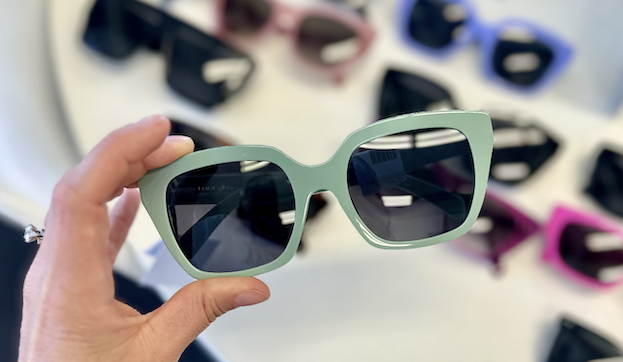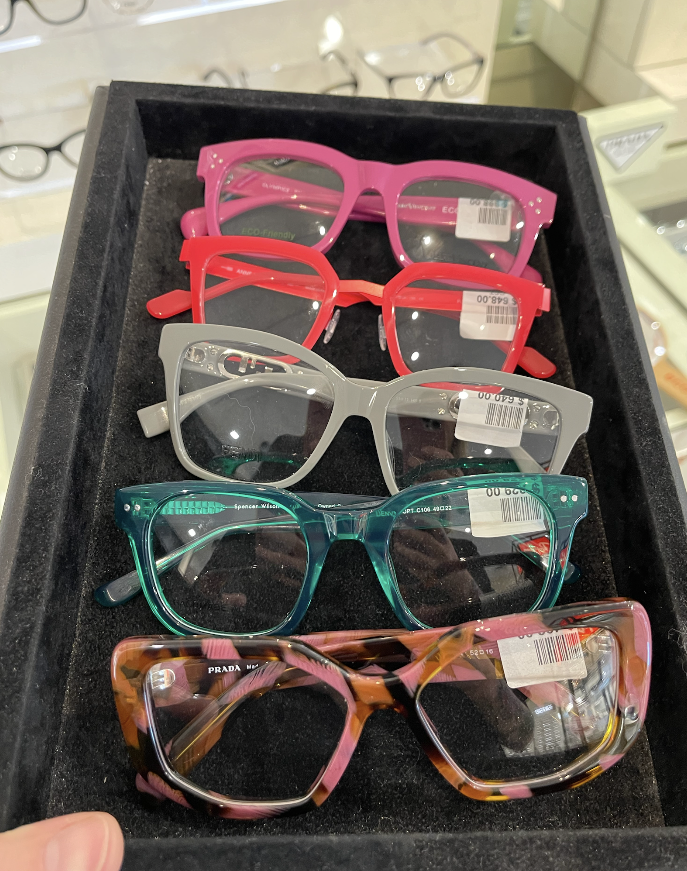In the digital age, it’s hard to peel our eyes away from the screen. A lot of industries require lengthy hours in front of computers, and then there’s the hours of binge-worthy shows on Netflix. But what can this lifestyle do to our eyes?
The lens within our eye is very dynamic and the ciliary muscle contracts to change the shape of our lens, allowing us to focus at different distances. When we’re constantly looking at the monitor, this muscle is continuously contracting to maintain our focus, which can lead to eye strain after a prolonged period of time.
Our eyes naturally sit a little outwards when we’re focused on objects far away and turn inwards to focus on things closer to us. This is controlled by the extraocular muscles, which are attached to the outside of your eyeball. The balance between these muscles allows us to see everything as a single image, rather than experiencing two of everything. Therefore, prolonged screen time means our extraocular muscles are under constant stress to keep the eyes focused at the screen, and this effort can lead to tired eyes and even intermittent double vision.
Did you know our eyes blink around 15 times per minute? This can be reduced by up to 72% when we’re concentrating, and even the quality of our blinks can be affected. By taking incomplete blinks (where both eyelids do not touch when you blink), our tears are not evenly distributed across the surface of our eyes, leading to symptoms such as dry, sore and tired eyes, mild burning sensations or even excessively watery eyes. Tears are also important in providing clear stable vision, so dry eyes can cause intermittent blurriness too.
Have you heard of the 20/20/20 rule?
It’s about taking a 20 second break away from the screen to look 20 feet (6 meters) away every 20 minutes.
In those 20 seconds, the eye muscles are all given a chance to relax and our blink rate will increase. It is also worthwhile partaking in blink exercises when you remember, which involve taking purposeful, complete blinks.
Do you also wear glasses for the computer? Contrary to popular belief, not wearing glasses will not strengthen your eye muscles and will only exacerbate the eyestrain. Your eyes can change from year to year so it’s important to keep the prescription up to date.
If you’ve been recommended to use tear supplements, now is also a good time to use them. They will help to nourish and moisturise the eyes, which can improve the comfort and clarity of your vision. Not all drops are made the same however. We recommend booking in to see your Eyes & Vision optometrist for a comprehensive eye examination so we can advise you on exactly what drops to use, and how else to support your eyes during screen time.




















